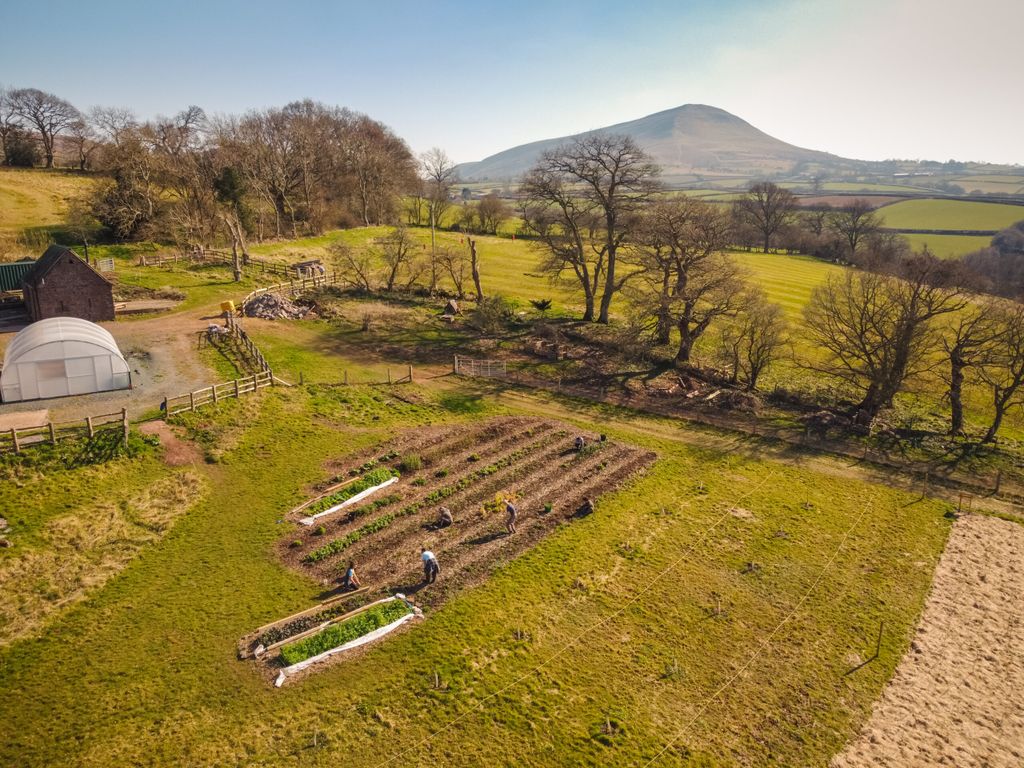
Regenerative Horticulture for a sustainable future. By Rashid Benoy
More like this
-

Hamsters, Dark Matter and the Practice of Practice
What we learned from designing and hosting the course ‘Climate Adaptation for Creatives’Dr Natalia Eernstman,…
-

THE FUTURE IS HEALTHY AND NUTRITIOUS – HERE’S HOW TO MAKE IT HAPPEN
As food security rises on the global agenda, the solution isn’t stockpiling but transforming our…
-

Training for a Changing World
As the challenges facing our natural world grow more complex, the need for skilled, adaptable…
The BMC Prospectus
Download the Black Mountains College prospectus for an overview of our courses, campuses, and vibrant student life
Visit us
Come along to one of our Discovery Days or Campus Tours to explore our campuses and meet your tutors
